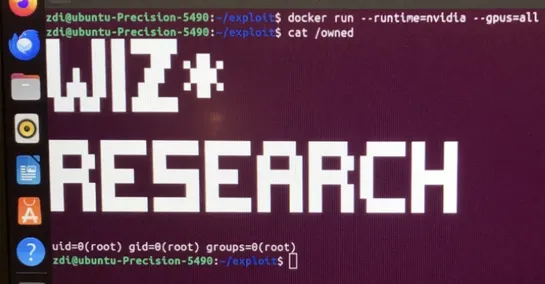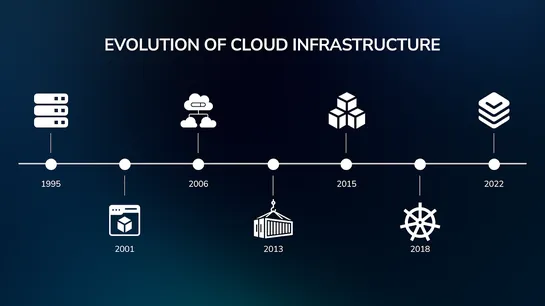Report - AI tools slow down experienced developers by 19%. A wake up call for industry hype?
Open-source devs got stuck, wasting 19% more time on tasks thanks to AI tools—oppose the hype and vendor bluster.Yet, a baffling 69% clung to AI, suggesting some sneaky perks lurk beneath the surface... read more







